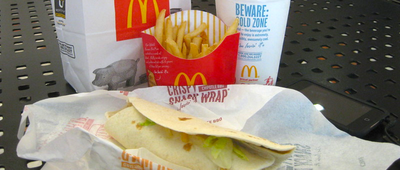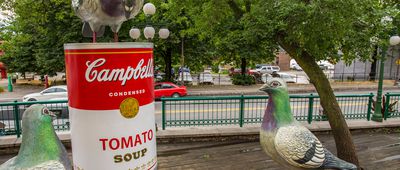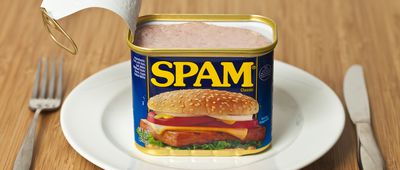Eggscellent Egg Myths
Fact: Eggs are 70% more expensive in 2023 than they were the previous year, according to data from the Bureau of Labor Statistics. Another fact: the prices don't appear to be dropping anytime soon. Yes, the current egg situation is certainly groan-worthy, but let's face it: Eggs are still a staple. Do you know as much about them as you think you do? We cracked open some common egg lies — including the egg float test myth — and the truth may surprise you.
Related: Simple Ways to Cook Eggs















